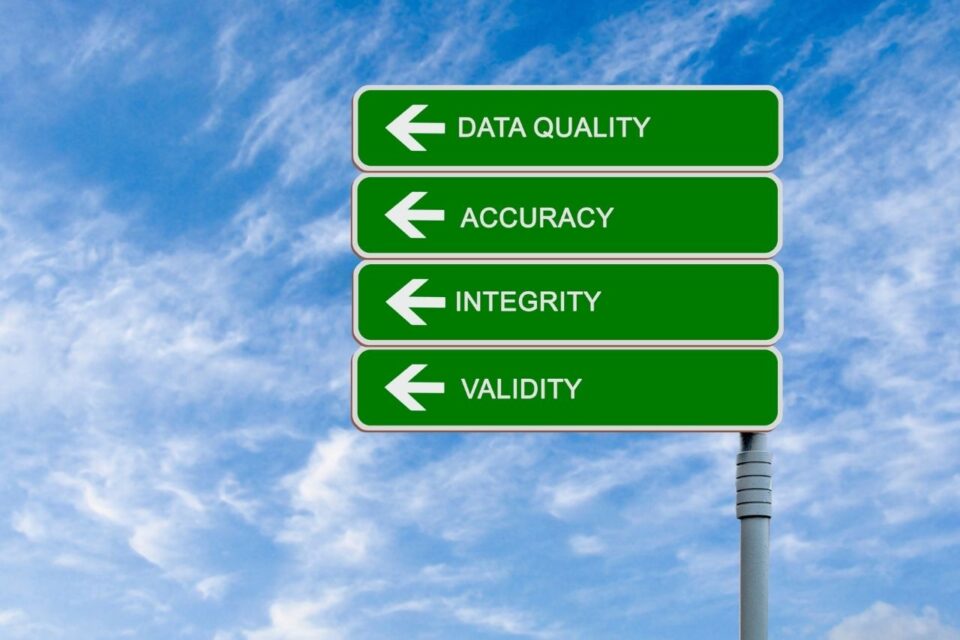
Managed Care Revenue Cycle Strategies are Critical to Increasing Payer Yield
March 10, 2020
How is COVID-19 Impacting the Healthcare Revenue Cycle?
March 31, 2020The concept of all hospital operations are to be carried out by the hospital’s enterprise system is a tale of the past. Today, the hospital’s revenue cycle management is much more complex than it used to be and an enterprise system can’t handle the lab demands.
However, by converting labs into revenue-generating entities instead of cost centers, better data management, and financial integrity can be provided, which changes the revenue model for the better.
In the modern world, every penny counts, therefore, everything is about better finances, billing, and data improvement. Hence, it is important to build a lab that would provide RCM solutions and increase profitability.
Lab Data and Actionable Insights
In an ideal world, the lab should possess at least some of these features; futuristic, highly efficient and practical, service-oriented, and high-performing.
To achieve this, you need to devise a long term plan and incorporate the key ingredients to make it in the digital world, including data accessibility, easy access, people-oriented, and technology efficiency.
The lab should be the ideal solution for:
- Patient-oriented but should be operational and practical
- Should increase the revenue by lowering the unit cost and improving margins
- Utilize resources in a more profitable way
- Get rid of all nonfunctional activities
- Flexible and accessible offerings and services
RCM should take dynamic actions to truly transform the laboratory and implement an end to end cycle of processes.
Going Beyond Back-End Laboratory Billing
To ensure a long term solution with meaningful data-driven decisions, it’s important to use accurate insights that are formulated from end to end processing.
Professional platforms can help you better with workflow automation, which:
- Minimizes renunciations
- Maximizes revenue cycles
- Improves connectivity to eliminate data silos and bridge disparate systems
Often, organizations feel that the enterprise system will solve all laboratory revenue challenges without investing properly in it. However, this assumption can cost you lower revenue, and missed opportunities. That is why it is important to implement big data at the very core of the system.
Purpose-Built Cloud-based Laboratory RCM
Enterprise systems are not custom-built packages that will suit every laboratory and this leads to inefficient revenue cycles, an increase in cost and impatient customers.
A laboratory that is built on the idea of a cloud is customized with vital technologies, workflows, and processes to meet requirements.
To build a successful purse-full RCM, you need a cloud-based system which can:
- Eliminates risks by software acquisitions
- Is more affordable
- Has an online portal for better service
If all can be done, then:
- Bring down labor costs with the use of automation and processes
- Decrease the number of denials, which in turn will increase reimbursements
- Specialization and configuration will decrease labor costs
- Plan better mitigation actions
- Implementation of machine learning will enable high business analytics and visualizations
Technology efficient RCM will help a hospital grow in terms of technology and eliminate lab challenges while inducing workflow and billing.
Conclusion
Hospitals solely dependent on enterprise systems should re-evaluate their systems, and try to implement RCM to solve billing issues. The use of BI and ML will increase intelligence throughout the systems and increase revenue opportunities.
Learn how our AllPayor® Software is saving other organizations $$MILLIONS!
If you are interested in a free demo of our AllPayor® Software, please go HERE or you can register for a FREE webinar HERE





